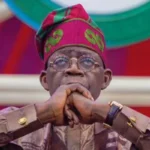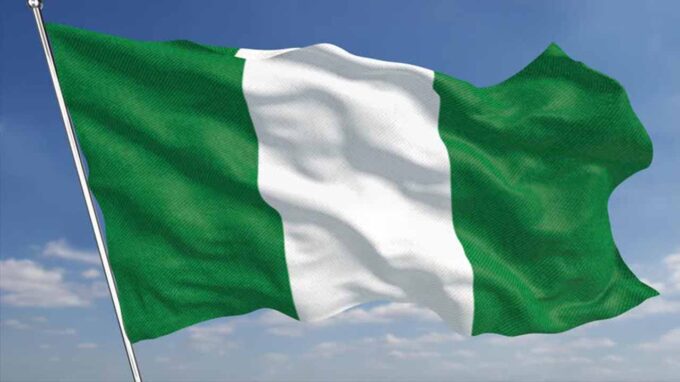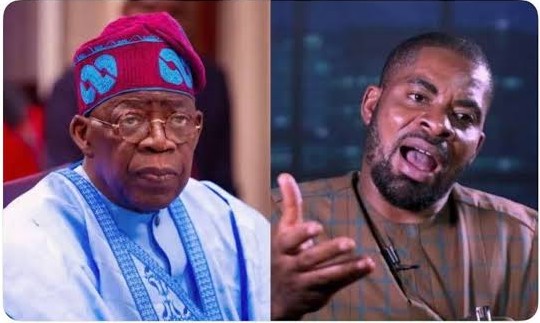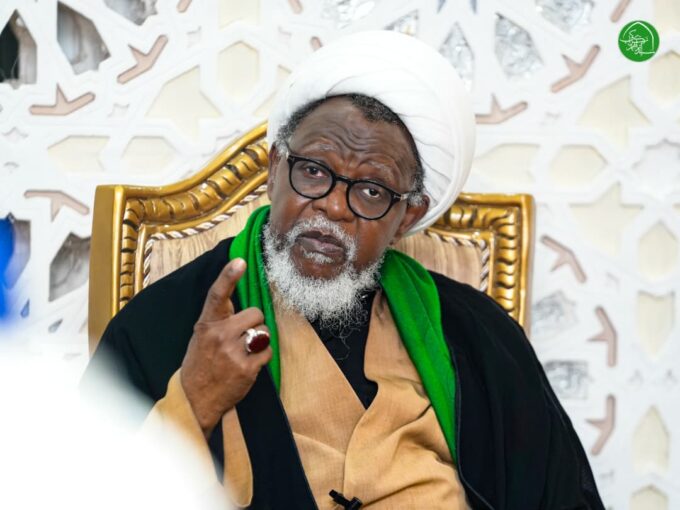President Bola Tinubu’s decision to grant presidential pardon to 175 individuals, including convicted drug traffickers, murderers, and kidnappers, has sparked widespread criticism and debate about the proper use of executive clemency power.
The announcement, made following a Council of State meeting, has drawn particular scrutiny for including 28 drug traffickers and 22 murderers among those receiving clemency. Presidential spokesman Bayo Onanuga explained that the pardons were based on factors including remorse, good conduct, old age, and educational pursuits.
However, the move has faced strong opposition from political figures and civil society organizations. Former Vice President Atiku Abubakar condemned the action, stating that “clemency must never be confused with complicity.” He argued that “when a government begins to absolve offenders of the very crimes it claims to be fighting, it erodes the moral authority of leadership and emboldens lawlessness.”
“A presidential pardon is meant to symbolize restitution and moral reform. Instead, what we have witnessed is a mockery of the criminal justice system, an affront to victims, a demoralization of law enforcement, and a grave injury to the conscience of the nation,” Atiku added.
“
The African Democratic Congress (ADC) joined the criticism, with National Publicity Secretary Mallam Bolaji Abdullahi describing the pardons as “pathetic and a national disgrace.” The party expressed concern that the action “undermines Nigeria’s anti-drug efforts, encourages crime, and further tarnishes Nigeria’s image in the eyes of the world.”
Legal professionals have also voiced reservations about the scope and timing of the pardons. Lawyer Joel Ighalo, in a social media post, questioned the release of violent offenders who “didn’t even serve half the length of their respective sentences,” calling it a “bastardisation of the prerogative of mercy.”
The Human Rights Writers Association of Nigeria (HURIWA) characterized the pardons as a “dangerous contradiction” to the government’s stated commitment to fighting drug abuse and criminality. National Coordinator Comrade Emmanuel Onwubiko suggested that “political considerations—like the 2027 elections” might be influencing such decisions.
The controversy comes amid ongoing discussions about reforming the prerogative of mercy power. Attorney General of the Federation Lateef Fagbemi has previously proposed excluding those convicted of corruption from receiving pardons, suggesting that “we expunge those found guilty of corruption from benefiting from the powers of ‘Prerogative of Mercy’ to serve as a deterrent to others.”
While the President’s power to grant clemency is constitutionally established under Section 175 of the 1999 Constitution, critics argue that this particular exercise raises serious questions about the message it sends regarding accountability and the fight against serious crimes in Nigeria.















Leave a comment